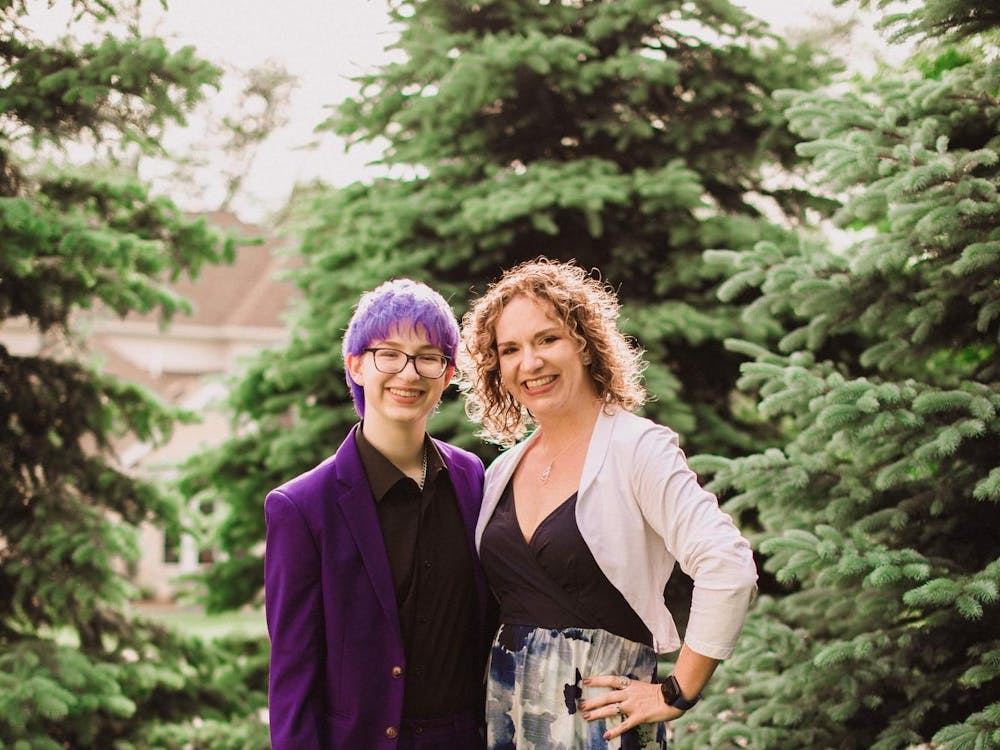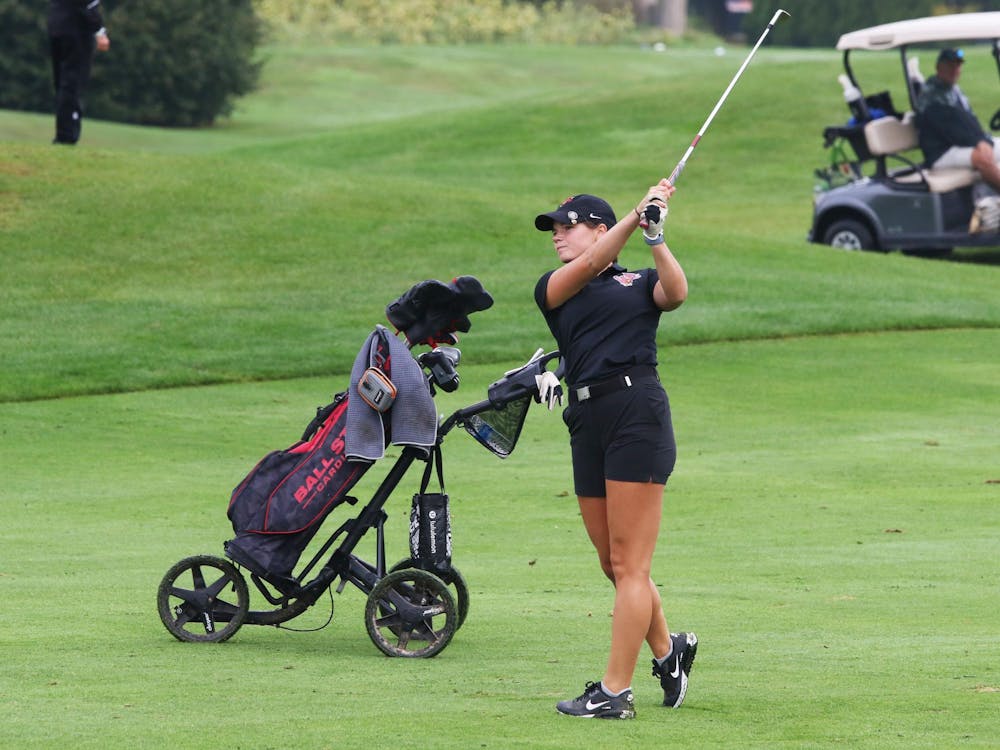By: Casey Smith- Indiana Capital Chronicle
The Indiana Supreme Court on Wednesday took jurisdiction of a lawsuit over the state’s new, near-total abortion ban — a move that likely keeps abortion access in Indiana safe for several more months.
The state’s highest court granted a request by Republican Attorney General Todd Rokita to bypass the Indiana Court of Appeals. The court also denied the state’s request to stay the preliminary injunction that is currently blocking the law.
Briefing deadlines are set for December, according to the court’s order. An oral argument is set for Jan. 12.
The court challenge up for debate was originally filed in Monroe County Circuit Court in August by the American Civil Liberties Union (ACLU) of Indiana on behalf of health care providers and a pregnancy resource center.
A special judge in Owen County ruled last month that the ban likely violates the Indiana Constitution. An injunction issued by Judge Kelsey Blake Hanlon, a Republican, halted the state’s new abortion law one week after it took effect. Under the injunction, the state’s previous abortion law stands — allowing abortions up to 20 weeks.
The state quickly appealed that decision and asked the Indiana Supreme Court to bypass the Court of Appeals and take the case directly.
Rokita told the Indiana Capital Chronicle in a statement Wednesday that the Indiana Supreme Court “rightly concluded that it needs to resolve the issue right away,” adding that there is “no textual or historical argument in support of a right to abortion.”
“Indiana’s Constitution says nothing about abortion, and our legislature outlawed abortion before, during and after the period when our citizens adopted our Constitution,” he said.
But Indiana Right to Life president and CEO Mike Fichter said the group is “deeply disappointed” that the Indiana Supreme Court will allow the injunction against the new abortion law to remain in effect, for now.
“We estimate at least 3,000 unborn babies, whose lives otherwise might have been saved, will now needlessly die from abortion as the law remains blocked. Thousands more will die as we await a final ruling after the January hearing,” Fichter said in a statement Thursday. “Although we are confident the law will be upheld, it will be far too late for those whose lives will be lost as this is argued in the courts.”
The ACLU’s lawsuit argues that the abortion ban “will infringe on Hoosiers’ right to privacy, violate Indiana’s guarantee of equal privileges and immunities, and violate the Constitution’s due course of law clause through its unconstitutionally vague language.”
The court challenge is based on the Indiana Constitution. The Supreme Court of the United States in June ruled that the U.S. Constitution does not guarantee abortion rights.
Meanwhile, a second lawsuit, also led by the ACLU of Indiana, seeks to strike down the ban on the basis that it violates Indiana’s Religious Freedom Restoration Act. A Marion County judge is scheduled to hear arguments in this case on Friday.
Ban background
The Republican-dominated Indiana General Assembly advanced the abortion-restricting measure during a heated, two-week special session that concluded in August.
That made Indiana the first state in the nation to approve such legislation since the high court ruling that overturned Roe v. Wade.
The ban outlaws all abortions except in the case of a fatal fetal anomaly and cases of serious health risk to the mother. One part of the law says these exceptions are up to 20 weeks but another part says they can be used anytime. Rape survivors can get an abortion up to 10 weeks post-fertilization. It also strips abortion clinics of their state medical licenses, and provides that only hospitals and hospital-owned ambulatory surgical centers can provide abortions.
“It is a tremendous relief to know that abortion will remain accessible and legal in Indiana while we continue to fight this ban in court,” said a joint statement from leaders of Planned Parenthood Federation of America, Planned Parenthood Great Northwest, Hawai‘i, Alaska, Indiana, Kentucky, ACLU of Indiana, Whole Woman’s Health Alliance, All-Options, the Lawyering Project, and Women’s Med.
“Since the reversal of Roe, Indiana has become a critical state for abortion care in the region. We hope that the Indiana Supreme Court agrees with the lower court that the Indiana Constitution ensures that Hoosiers have the right to access abortion. What matters most is that Hoosiers will continue to be able to maintain control over their own bodies, families, and futures without aggressive and dangerous interference from lawmakers.”





